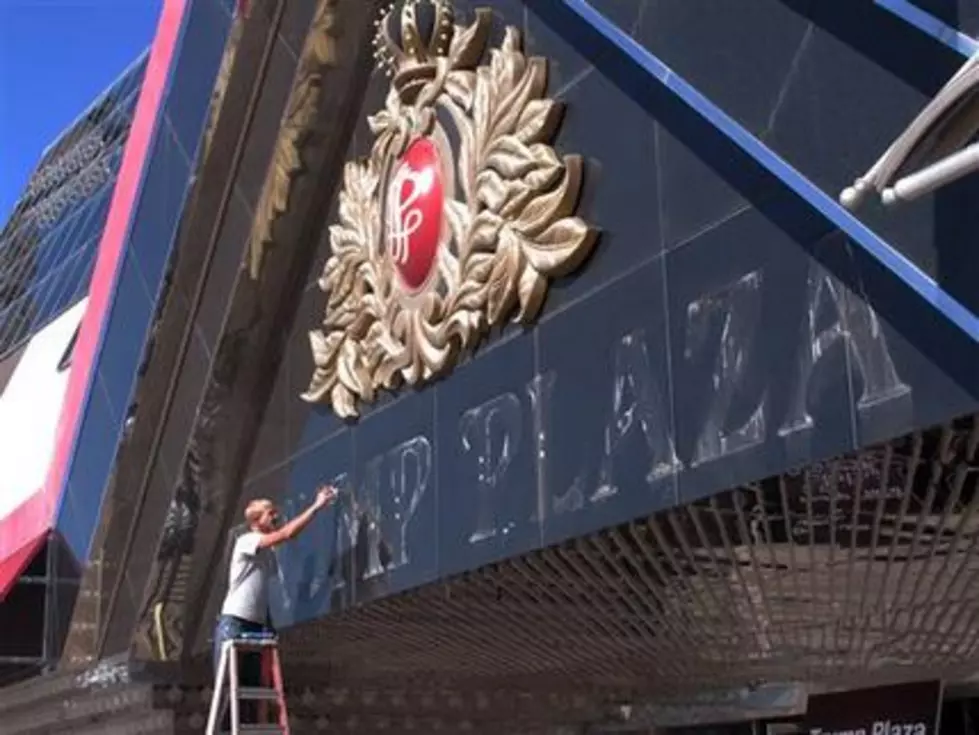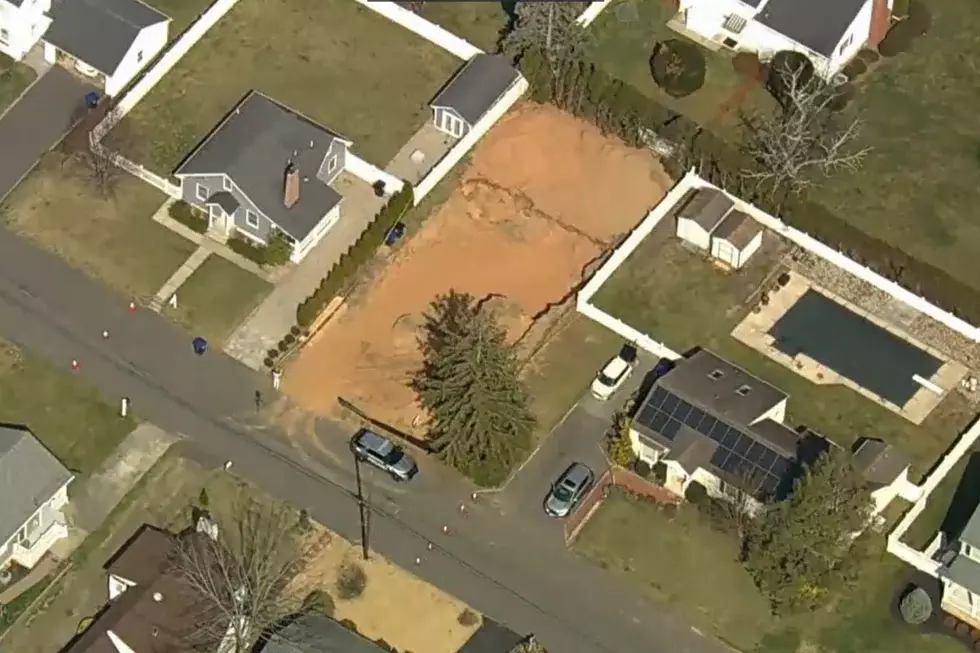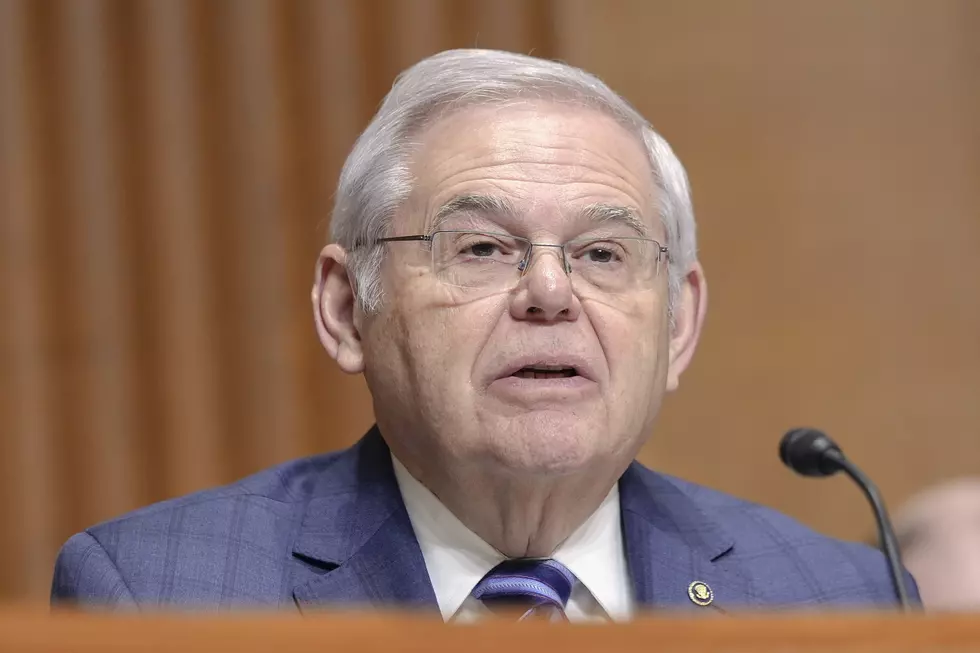
The anatomy of economic aid to Atlantic City
TRENTON (AP) — Lawmakers are considering a plan aimed at providing stability to Atlantic City, which is reeling from a shrinking tax base and the decline of the casino industry.
It's not the first time, though, lawmakers have tried to help the resort town.
But it is getting support from the casinos it's designed to help.
Here's a look at how New Jersey has tried to help Atlantic City in the past, how it might aid the resort now and how casinos are reacting.
WHAT THE STATE HAS DONE IN THE PAST
— A massive state-directed assistance program announced in 2010 and implemented the following year that created a state-run tourism district with extra security patrols and sanitation efforts; elimination of the $30 million a year payment casinos were obligated to make to the horse racing industry and creation of the Atlantic City Alliance, a group that used the money to promote the resort.
—Reducing the amount of licensing requirements for casinos to save them money; including letting casino licenses last indefinitely instead of coming up for renewal every five years, and drastically reducing staffing at the Casino Control Commission.
— Using a tax incentive program to help the then-half-built Revel casino hotel project obtain its final financing. The tax breaks were supposed to kick in once the casino reached certain profit levels. But the $2.4 billion casino never turned a profit and the tax breaks never got used.
— Creating a new class of "boutique" casino licenses for developers wishing to build smaller casinos at a lesser price. The law authorized two such projects, but none was ever built.
—Appointing a state fiscal monitor to review major financial decisions in return for extra state aid to the cash-strapped city. A proposal by a commission appointed by Gov. Chris Christie would appoint an "emergency manager" for Atlantic City with much greater powers than those wielded by the current monitor.
WHAT THE CASINOS ARE LIKELY TO GET FROM THE STATE
—Senate President Steve Sweeney and state Sen. James Whelan are pushing legislation, which is expected to get a vote in committee on Monday, that calls for casinos to pay $150 million in property taxes in each of the first two years of the 15-year program. The casinos' collective real estate tax bill for this year is $210 million, but that includes three casinos that closed this year.
—The plan also redirects around $25 million to $30 million from a redevelopment tax to pay down the city's debt.
—Sweeney and Whelan also called for a re-evaluation of the Atlantic City Alliance, the group formed a few years ago as part of Republican Gov. Chris Christie's plan to market the city outside the region.
WHAT THE CASINO INDUSTRY SAYS IT NEEDS FROM THE STATE NOW
— The casino industry has accepted Sweeney and Whelan's plan. Kevin Ortzman, president of the Casino Association of New Jersey, has said the package is critical for letting casinos plan their finances effectively.
—The industry generally also opposes the expansion of gambling beyond Atlantic City, which has been off-limits under a five-year moratorium enacted by Christie in 2011. Earlier this year, for example, Carl Icahn accused Sweeney of "selling out" Atlantic City for considering casinos in northern New Jersey, and the association opposed legislation in 2013 that would have established a committee to study expanding gambling to the Meadowlands. Sweeney blocked the legislation in the Senate.
(Copyright 2014 The Associated Press. All rights reserved. This material may not be published, broadcast, rewritten or redistributed)
More From New Jersey 101.5 FM









